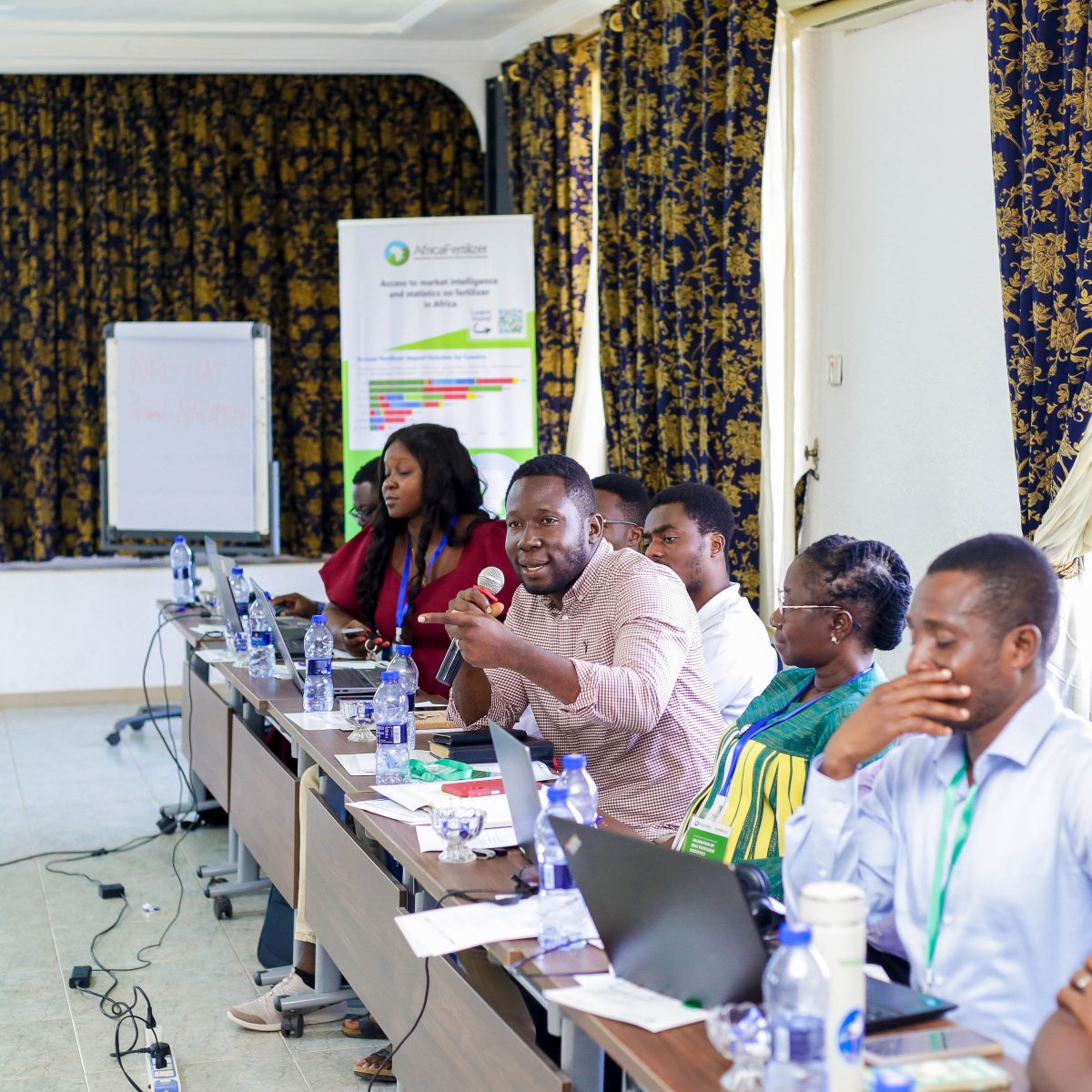
Case Study: Fostering Sustainable Agriculture through Data-Driven Collaboration and Partnership: Ethiopia, Mozambique, and Nigeria
Through DG’s Visualizing Insights on Fertilizer for African Agriculture (VIFAA) program, we recently published a case study titled “Fostering Sustainable Agriculture through Data-Driven Collaboration and Partnership: Ethiopia, Mozambique, and Nigeria.” It dives deep into how the VIFAA program has impacted the fertilizer data and markets in Ethiopia, Mozambique, and Nigeria. In this blog, we explore the overall impact that the VIFAA program is making, review why the program is needed, and offer some key highlights from the case study.
Fertilizer Data in Context: Why the VIFAA Program is Needed
Significantly contributing to low agricultural productivity, African fertilizer consumption has historically lagged behind other regions. As of January 2023, Africa consumes only about 10% of the global average for fertilizer use. Limited access to affordable fertilizers, inadequate infrastructure, and challenges related to financing and knowledge dissemination are some of the factors that contribute to this disparity. However, a concerted effort by governments, non-governmental organizations, and international agencies is gradually changing this situation by promoting sustainable agricultural practices and increasing fertilizer use, which overall will improve agricultural productivity and increase food security.
These efforts to boost fertilizer usage often include providing subsidies, improving distribution channels, and raising awareness among farmers about the benefits of fertilizers. Despite these initiatives, the sector has long struggled with fragmented data, leaving decision-makers without a solid foundation for evidence-based approaches.
Over the past few years, stakeholders have adopted a more strategic and data-driven approach, fostering a better understanding of farmer needs and key data sets such as imports, exports, and crop-specific formulations. This shift has also encouraged organic trust-building between private enterprises and the governments in which they operate.
Robust partnerships have been instrumental in this transformation. The International Fertilizer Development Center’s Data Initiative, AfricaFertilizer, Development Gateway: An IREX Venture, and Wallace & Associates, supported by funding from the Bill and Melinda Gates Foundation, have collaborated to enhance the availability of validated fertilizer data across eight African countries through a shared initiative: the VIFAA program. The VIFAA program simplifies existing, validated metadata into more accessible visual formats. VIFAA provides policymakers and the private sector tools to improve decision-making through interactive, country-specific dashboards and web-based solutions.
The VIFAA program has benefited the target countries and established foundational data for the African Union Commission’s Comprehensive Africa Agriculture Development Programme. Covering Nigeria, Ghana, Kenya, Ethiopia, Senegal, Malawi, Zambia, and Mozambique, VIFAA has revolutionized the fertilizer data landscape. Policymakers can now instantly access fertilizer balance sheets, price movements, stock positions, and traded volumes. Private companies can stay agile in volatile markets, ensuring a consistent supply of fertilizers for farmers.
Highlights from the Case Study
Under the VIFAA program, three countries—Ethiopia, Mozambique, and Nigeria—have particularly stood out, registering significant impacts across the board. This case study, “Fostering Sustainable Agriculture through Data-Driven Collaboration and Partnership: Ethiopia, Mozambique, and Nigeria,” delves into the transformative effects of the VIFAA program in these three nations, providing a comprehensive understanding of its impact and highlighting the pivotal role of data and strategic partnerships in driving agricultural development in Africa.
Some key positive outcomes, which are explored in more detail in the case study, include how:
- Developing a country-specific dashboard for Ethiopia addressed some of the country’s concerns related to ensuring stakeholders have clear information on the global fertilizer market dynamics and that this information is trustworthy and trusted;
- Establishing Fertilizer Technical Working Groups in Mozambique created a primary point of validation on any statistics and the impact this has; and
- Creating the Nigeria Fertilizer Dashboard facilitated private sector actors to crowdfund in order to support the creation of additional nuanced datasets that VIFAA has been able to provide during the past two years.
Read the case study to discover even more about VIFAA’s successes in these countries and to learn more about how initiatives like VIFAA pave the way for a more productive and sustainable agricultural future on the continent.